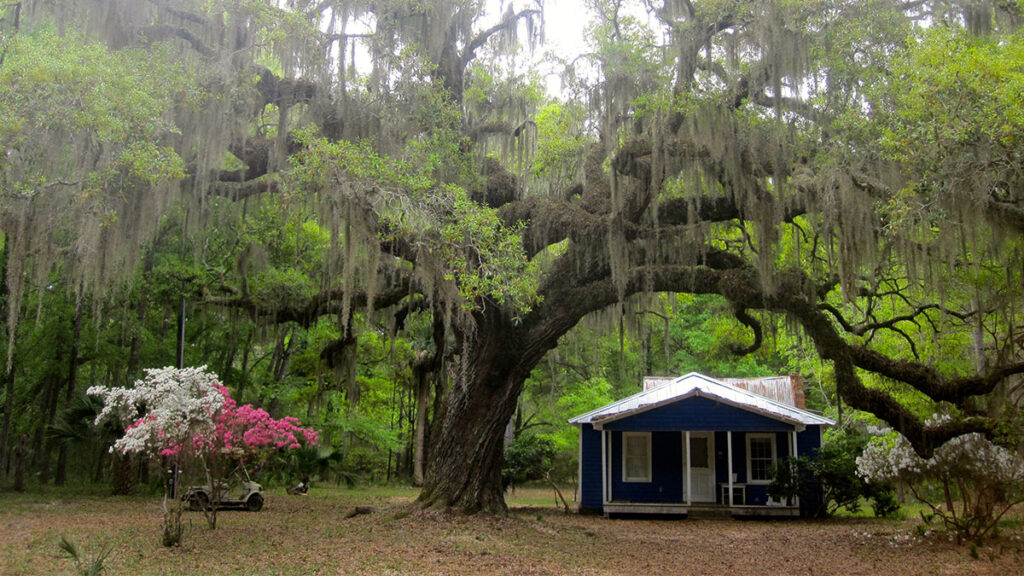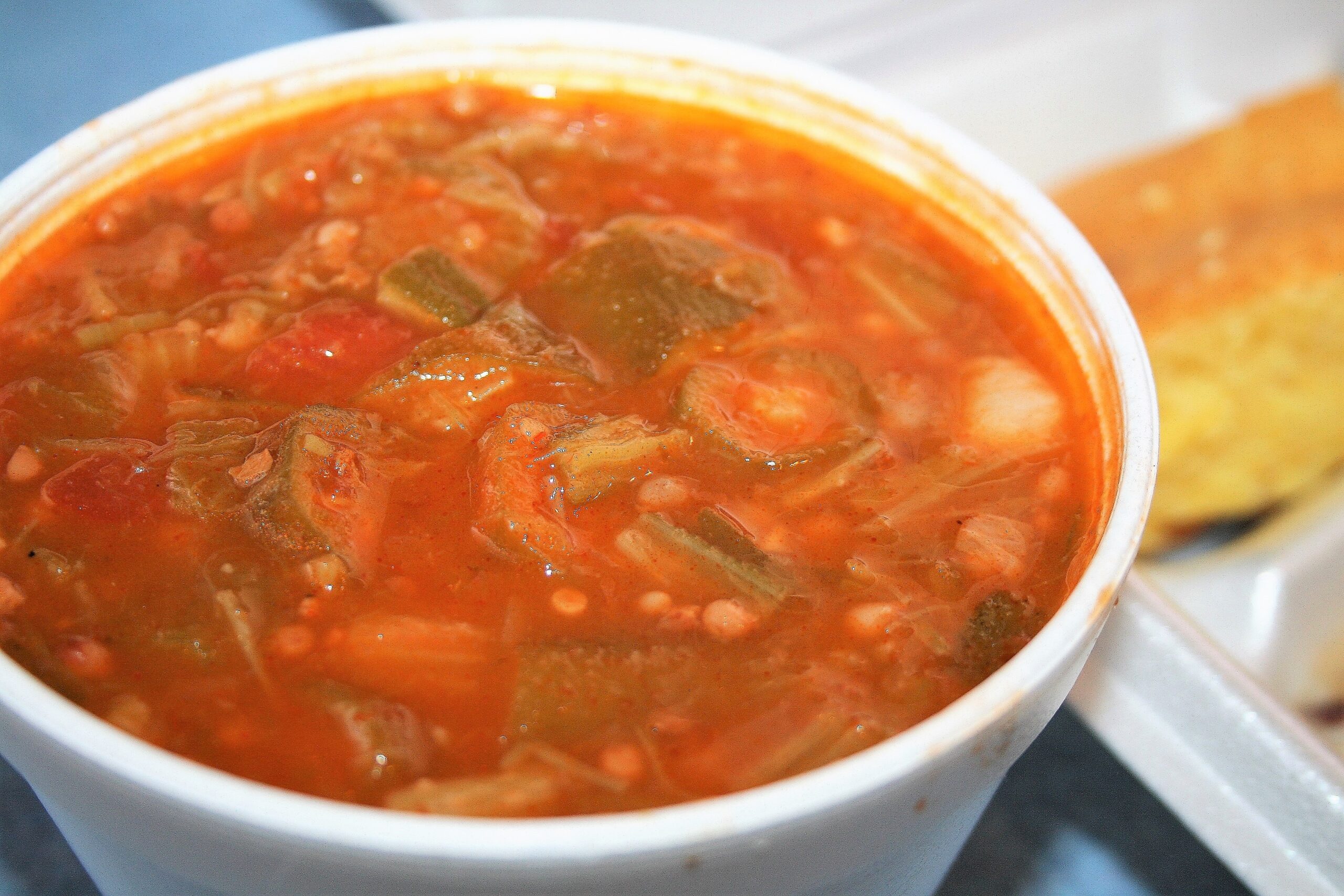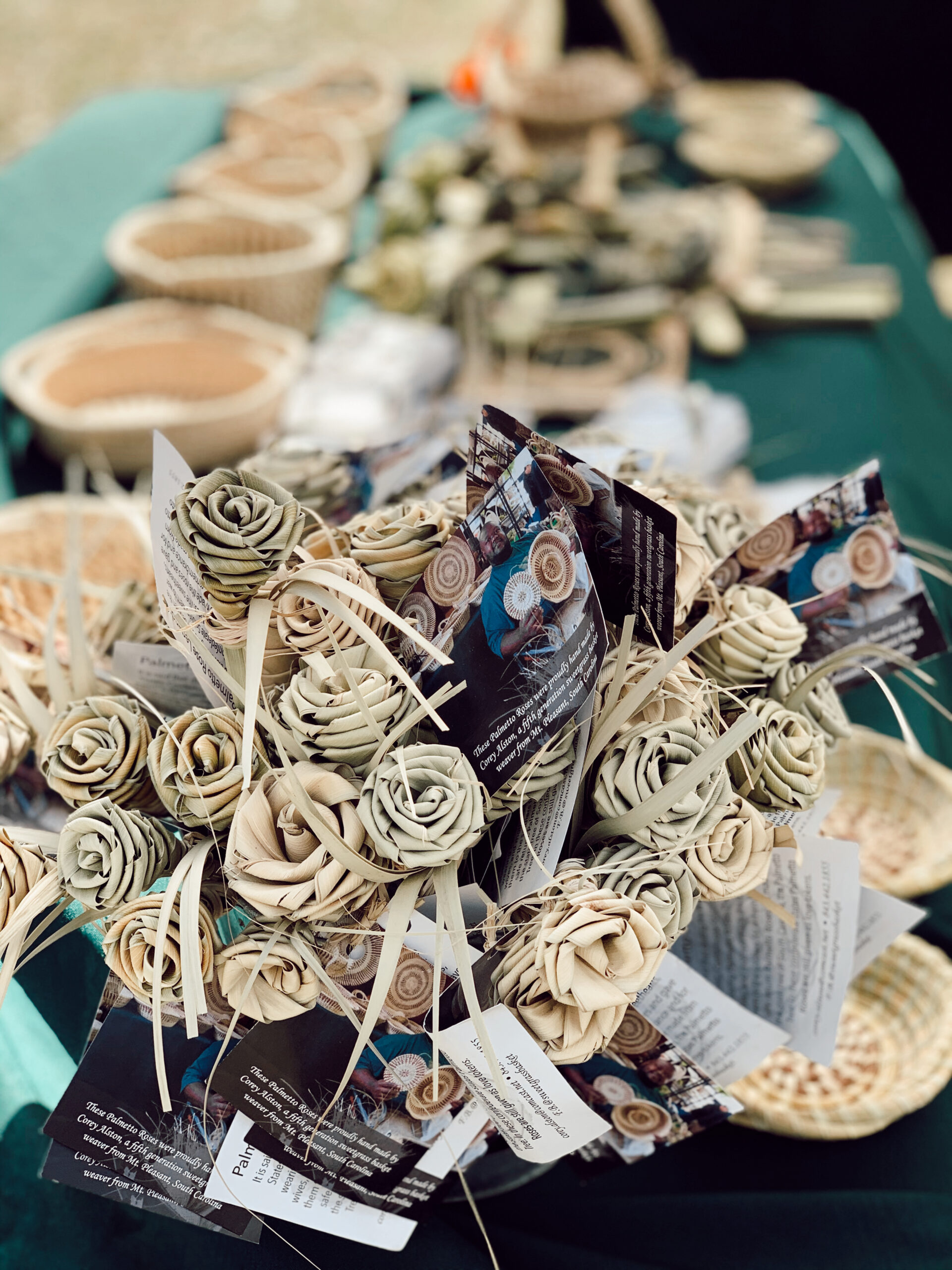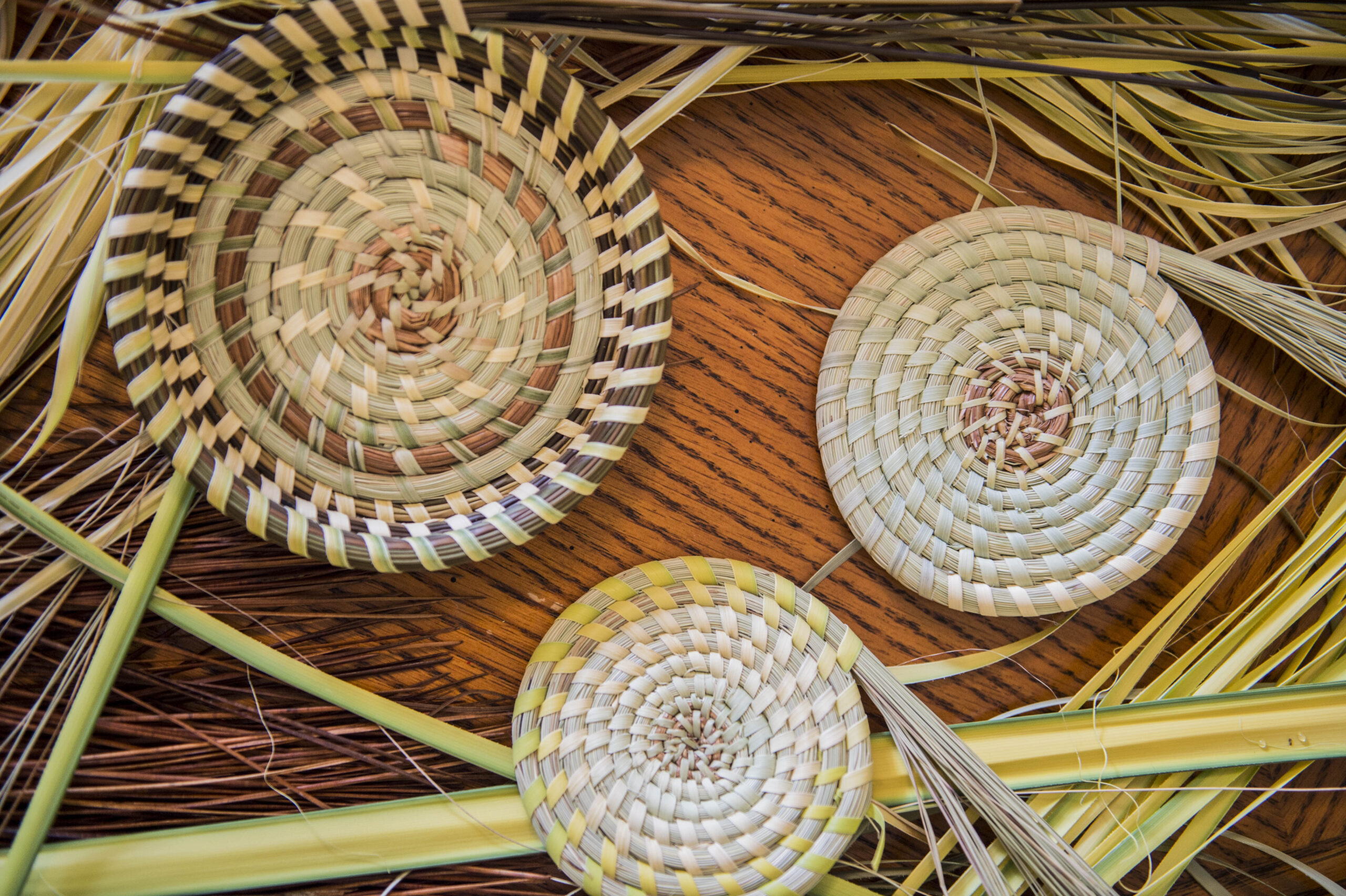
Celebrating Gullah Geechee Culture in South Carolina
Throughout the year, LGBTQ+ travelers can learn about South Carolina’s deeply-rooted Gullah Geechee culture and history.
South Carolina offers history buffs a state-wide historic itinerary thanks to its abundant American Revolution sites, the start of the U.S. Civil War, and significant Civil Rights Movement destinations. An integral part of South Carolina’s history however that may not be on all historic travelers’ radar is the history and tradition of the Gullah Geechee culture.
Dating back to the 1500s, the Gullah people represent the descendants of enslaved West African’s, brought over for their expertise in rice cultivation, that settled in South Carolina’s Sea Islands.
Unlike other parts of the country, the Gullah people were allowed free time following the completion of their tasks, allowing them to live out an African lifestyle in South Carolina, creating a sustainable culture that is vibrantly present throughout the state today. Pillars of the Gullah Geechee culture include music, food, art, and language. More information on each of these can be found below.

Music: Brought West African chants known as “spirituals” to the Sea Islands. The music is rooted in blue notes, which went on to serve as the basis for American music including jazz, blues, and gospels. Marlena Smalls, a classically trained lyric soprano and founder of The Hallelujah Singers, has spent the last 25 years performing Gullah music, having played at the Frankfurt Opera House in Germany, performed for the Queen of England, and even appeared on an SAT question about the Gullah culture, Marlena has made it her life mission to educate the world today about her culture.
Food: Gullah people have brought the cuisine of countries like Sierra Leone, Guinea, and Liberia, using recipes rich in seasonal, farm-fresh ingredients, with an emphasis on rice and the Lowcountry’s proximity to seafood. Balancing between modernization and the past, many restaurants today integrate dishes like shrimp and grits, gumbo, and Frogmore Stew to their menus. Local Charleston Gullah chef, BJ Dennis, previously the culinary director at Lowcountry Fresh Market & Café and caterer to a meal for Stephen Satterfield’s High on the Hog Netflix series, chef Dennis is set to lead the food program at the forthcoming International African American Museum, creating a menu based on Gullah Geechee heritage.
Art: A culture that is abundant in a variety of art, but most recognizable for their sweetgrass baskets brought to the Sea Islands from Sierra Leon, Africa. Sweetgrass basket weaving, the official craft of the state of South Carolina, cannot be done by just anyone, local members of the Gullah community and Gullah families specialize in this form of weaving, molding baskets that were originally for utility are now revered as works of art and can be found at roadside stands along North Highway 17, as well as the Beaufort’s Gullah Festival and Charleston’s City Market.


Language: Where the “Geechee” part of Gullah Geechee comes in. The Gullah language, referred to as Geechee, is an English-based creole language, created in part from the Gullah people’s diverse backgrounds. The language has a rich tradition in storytelling, specifically trickster tales, where animals, people, and God play major roles in stories that have been passed down through generations.
Travelers can experience these signature Gullah elements firsthand throughout the state at various monuments, museums, and restaurants and can even narrow down their must-do places with the Green Book South Carolina app, the first mobile travel guide to African American cultural sites across South Carolina. This app allows travelers to customize itineraries across the state by refining their search with tags for sites within the Gullah Geechee Cultural Heritage Corridor, parts of the Civil Rights Movement, and more.
Get another perspective on visiting South Carolina and other Southern travel destinations in Steven Ekstrom’s article for Vacationer, Black History is American History: Travel Beyond Your Comfort Zone.



